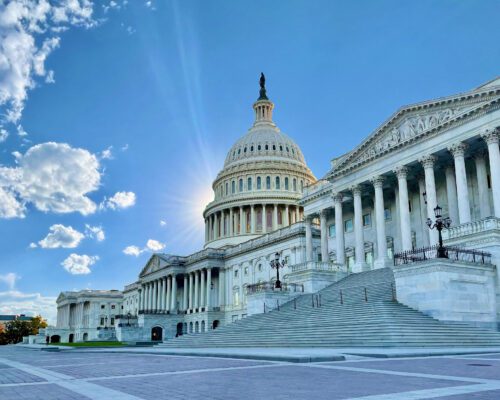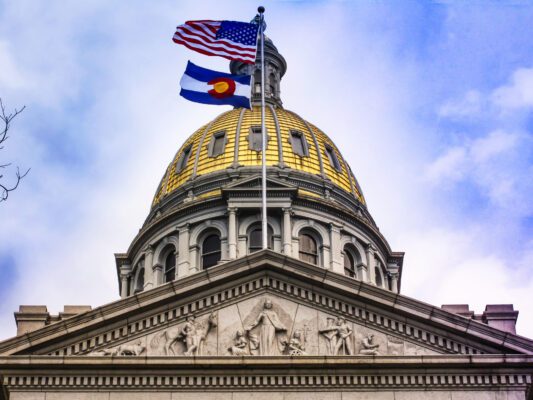On Friday, President Biden released his FY 2022 budget proposal. His budget notably removes the Hyde Amendment.
Every year, a president submits their budget proposal, and it serves as a blueprint for the administration’s priorities. A president’s budget proposal has no binding authority over Congress — the budget proposal is a request and a statement of priorities. The budget proposal serves as a starting point for a long negotiation in Congress as their work on the 12 spending bills that fund the government.
This is the first time since 1976 that the Hyde Amendment has not been included in a president’s budget proposal.
What is the Hyde Amendment?
Following the Supreme Court’s decision in Roe v. Wade, abortion clinics were able to charge Medicaid for abortions. Three years later in 1976, Congressman Henry Hyde, a Republican from Illinois, responded by introducing a budget rider on the Department of Health and Human Services (HHS) appropriations bill to prevent Medicaid from covering the cost of abortion. This rider alleviated taxpayers from being financially responsible for something millions found to be a grave moral wrong. The congressman’s rider was added as an amendment then and later expanded to the Indian Health Service, Medicare, and the Children’s Health Insurance Program (CHIP).
This annual appropriations policy became known as the “Hyde Amendment.” An appropriations rider is not a permanent federal statute. Because Rep. Hyde attached the policy as a “rider” to the appropriations bill, it was only applicable for the money appropriated that year. The Hyde Amendment must therefore be attached to appropriations bills each year to be effective.
Why is the Hyde Amendment Important?
Before the Hyde Amendment was introduced, approximately 300,000 abortions a year were performed using federal Medicaid dollars. It is estimated that the Hyde Amendment has saved over two million lives since it was enacted. Since 1976, the Hyde Amendment has been passed by every Congress. Its success across the generations is not due to a shared belief about abortion but precisely because those representatives and senators believed the disagreement deserved respect. According to a recent Knights of Columbus/Marist Poll, 58% of Americans oppose taxpayer funding for abortion domestically. In addition, since Medicaid is funded both by federal and state dollars, states can decide to use their own funding to cover abortions. Currently, 17 states have decided to use state funding to provide abortions for Medicaid recipients
Other pro-life riders that should be included in the appropriations process
The Hyde Amendment is just one of many pro-life riders that deserve to be included in all appropriations bills. Congress should also protect the Weldon (discrimination protections for those with objections to abortion), Dornan (Hyde protections in the District of Columbia), Helms (protection against funds being used for abortion in international aid), Siljander (protection against funds being used to lobby for abortion internationally), and Kamp-Kasten (protection against funds to organizations that support coercive abortion or sterilization) Amendments.
What’s next?
The House and Senate Appropriations Committees will begin the appropriations process which includes a hearing to discuss budget requests and writing and marking up the 12 appropriations bills that fund the federal government. Congress will therefore have the opportunity to include the Hyde Amendment and other important pro-life riders. Sen. Steve Daines (R-MT), founder and chair of the Senate Pro-Life Caucus, led a letter to Leader Schumer pledging to vote to block any bill that would undermine the Hyde Amendment or any other pro-life protections. The letter included 47 senators.
Earlier this year, the ERLC sent congressional leadership a letter urging them to adhere to critical pro-life policy riders, including the Hyde Amendment. This week, we joined dozens of pro-life coalition partners in sending congressional leadership a similar letter. Each year, the ERLC is actively engaged in the appropriations process, working alongside committee and leadership offices to ensure that important pro-life, religious liberty, and conscience protections are included. The ERLC will continue to advocate for these pro-life provisions and other legislative measures that reflect God’s gracious love for every human life.
For further reading:









